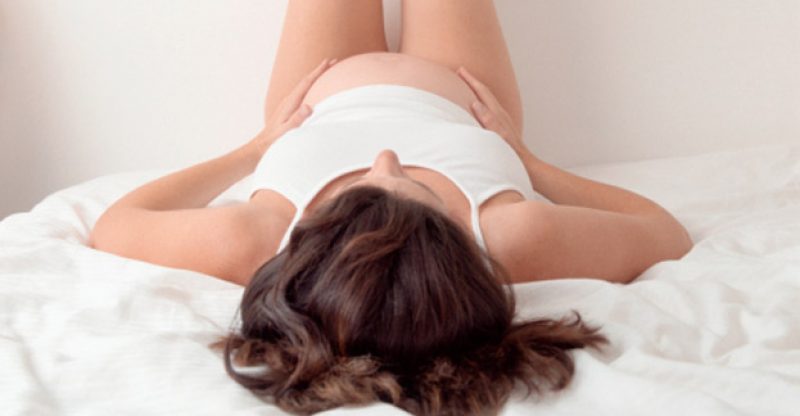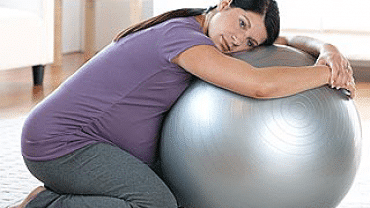Varicose Veins

Varicose Veins Symptoms
The symptoms of varicose veins includes pain, tenderness and aching in your legs, along with possible swelling of your ankles. Sometimes varicose veins cause no discomfort at all. Visibly, they can appear as bluish enlarged, bulging veins and can be somewhat rope-like. To prevent or minimize them, limit your standing time and rest as often as possible, with your feet elevated. Try to keep from crossing your legs and wear clothing that is loose, rather than clothes that can restrict circulation in your legs. The good news is varicose veins usually disappear within three months of delivery.
more Discomforts
—Backaches
—Breast Discomfort
—Braxton Hicks Contractions
—Constipation
—Dizziness and Fainting
—Fatigue
—Hand Numbness
—Headaches
—Heartburn and Indigestion
—Hemorrhoids
—Increased Discharge
—Itchy Abdomen
—Leg Cramps
—Nausea and Morning Sickness
—Overheating
—Pelvic Pressure
—Sleep Trouble
—Swelling
—Urinary Problems
—Varicose Veins

